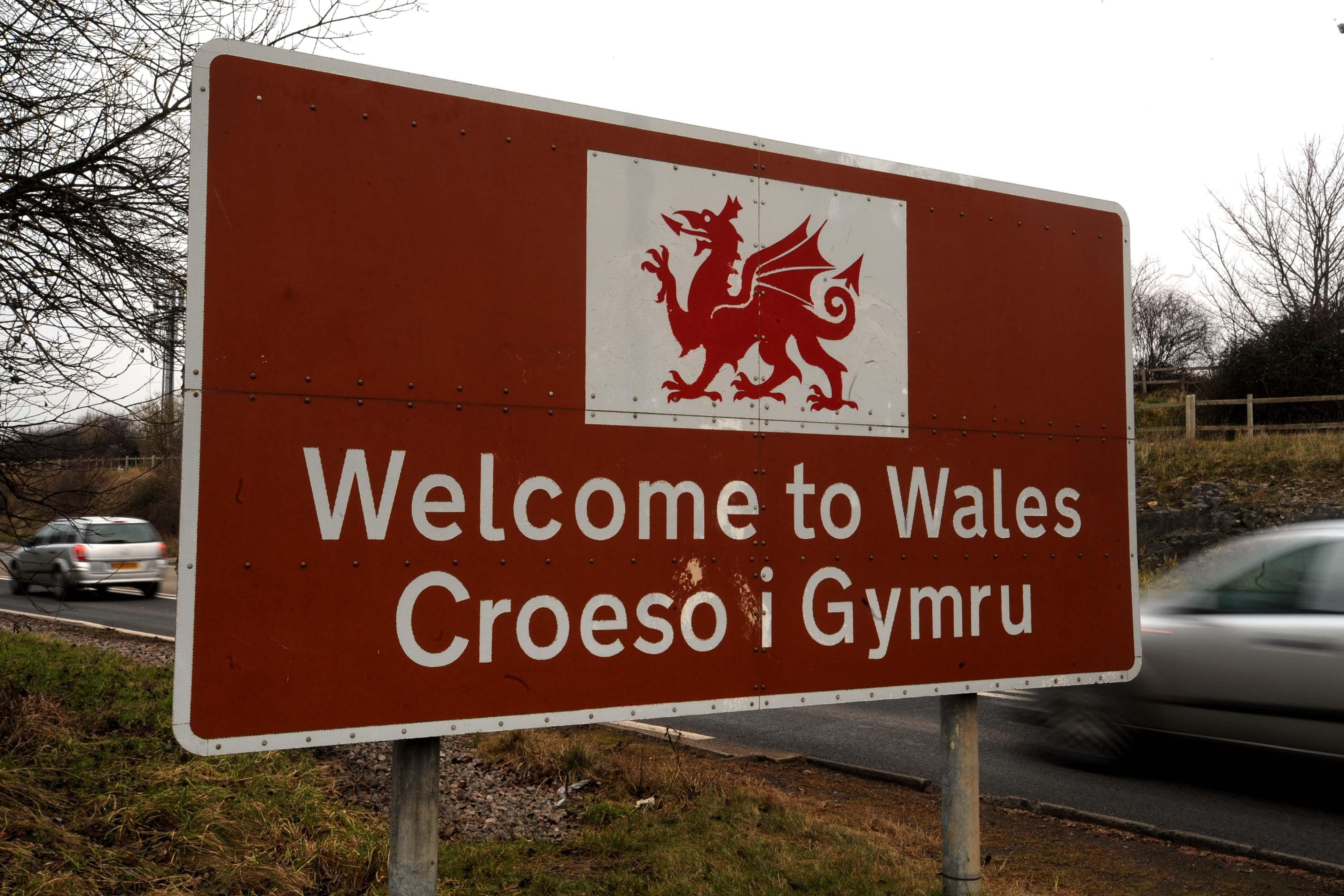Social media may threaten the Welsh language, study reveals
Academics at Swansea University compared minority and majority language speakers’ social media responses.

Your support helps us to tell the story
From reproductive rights to climate change to Big Tech, The Independent is on the ground when the story is developing. Whether it's investigating the financials of Elon Musk's pro-Trump PAC or producing our latest documentary, 'The A Word', which shines a light on the American women fighting for reproductive rights, we know how important it is to parse out the facts from the messaging.
At such a critical moment in US history, we need reporters on the ground. Your donation allows us to keep sending journalists to speak to both sides of the story.
The Independent is trusted by Americans across the entire political spectrum. And unlike many other quality news outlets, we choose not to lock Americans out of our reporting and analysis with paywalls. We believe quality journalism should be available to everyone, paid for by those who can afford it.
Your support makes all the difference.Social media may be threatening the future of the Welsh language and the psychological health of its speakers, a new study suggests.
Academics at Swansea University compared minority and majority language speakers’ social media responses.
The team evaluated 800 first-language Welsh and first-language English speakers aged 13 to 15, attending Welsh-medium schools throughout Wales.
More than 10% of the pupils registered a high level of social media addiction, which mirrors European-based studies, the study found.
Furthermore, the findings showed nearly 70% of Welsh speakers used English “Often” or “Always” on social media, with the vast majority using it more than Welsh.
The consequence of minority-language speakers switching to the majority language threatens the continued vitality of minority languages
Although previous work has shown that Welsh has established a foothold within the digital landscape, Welsh speakers switching to the majority language may threaten the continued vitality of the Welsh language.
Dr Richard Jones, from the school of psychology, said: “Acknowledging the importance of language to minority-language speakers’ cultural and social identities, the erosion of a language online would threaten the cultural identity of a nation.”
The study also evaluated the psychological impact of social media use on Welsh-English bilingual speakers.
The data revealed that Welsh speakers’ desire to use social media in Welsh might be driven by wanting to increase self-esteem, to attain greater linguistic parity with English speakers, or to connect with other Welsh speakers.
“The consequence of minority-language speakers switching to the majority language threatens the continued vitality of minority languages and raises questions regarding the significance of the minority language within minority-language speakers’ minds,” Dr Jones said.
Colleague Professor Phil Reed added: “The study shows that governments need to consider not only the impacts of social media on psychological health and wellbeing but also its impact on the cultures of minority groups who may be forced to abandon important and stabilising influences in the pursuit of digital interactions, which are becoming increasingly necessary for everyday life.”
– The findings are published in the journal Trends in Psychology.